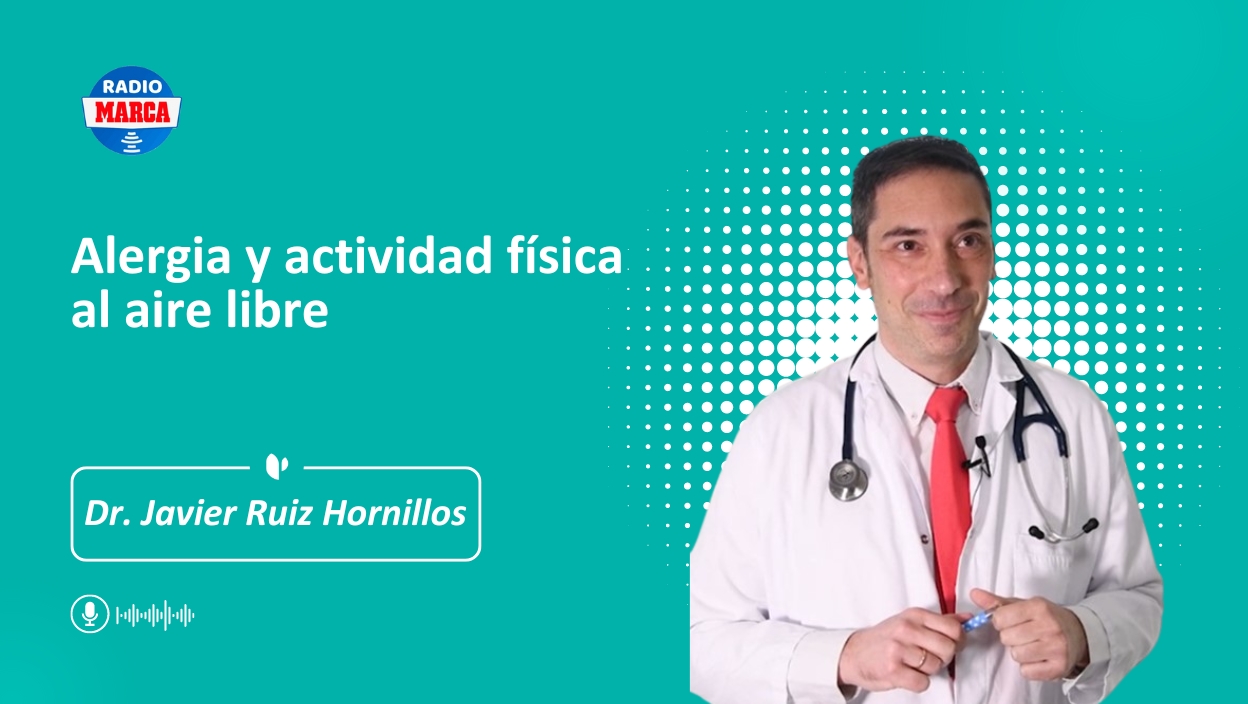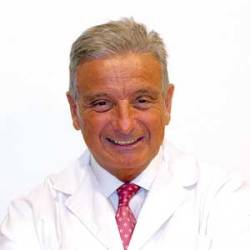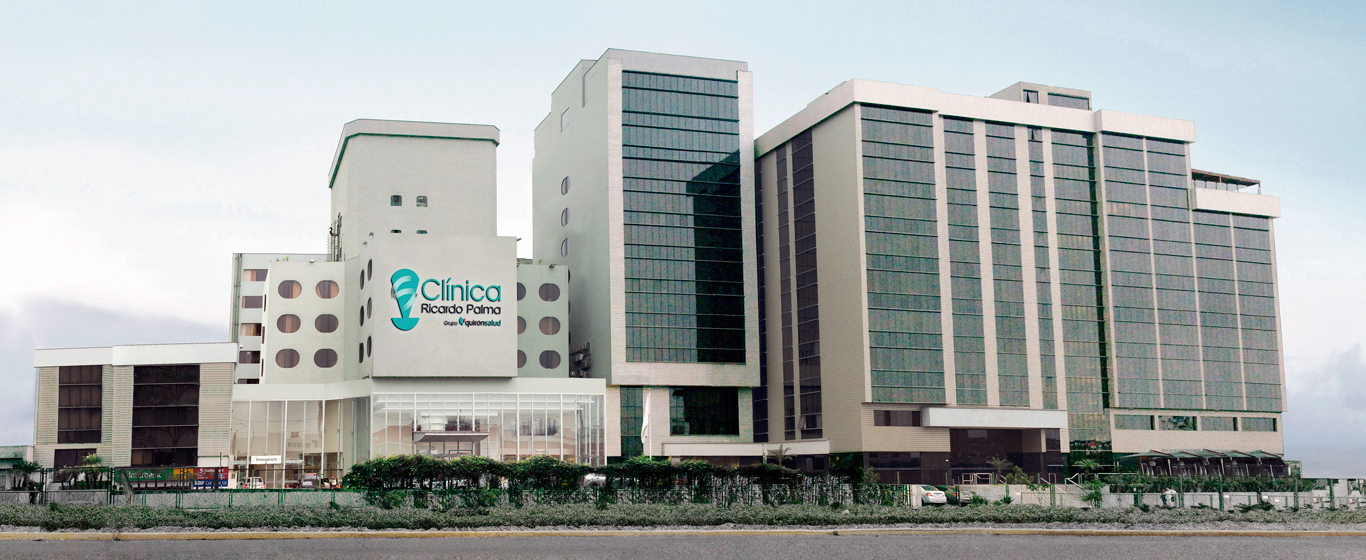Allergology
Solve your doubts about the allergology speciality, its field of study and the most common tests carried out to make a diagnosis. We talk to you about the main symptoms of the most common types of allergies and what to expect from a consultation with an allergologist. Book your appointment at one of our hospitals.
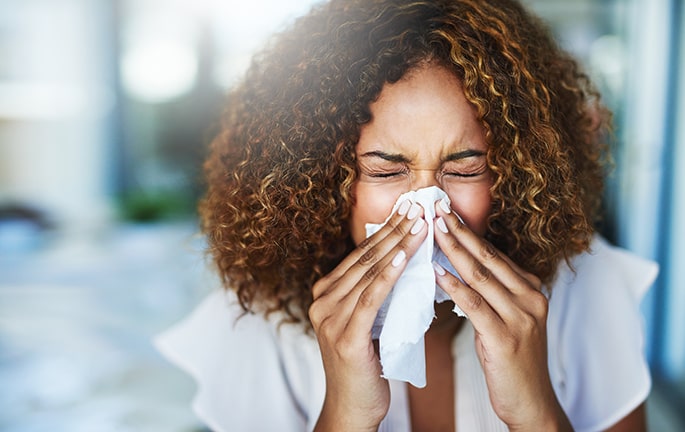
What is allergology?
Allergology specialises in investigating the reasons why the human body’s immune system reacts abnormally to certain substances that are not normally harmful. Hypersensitivity to certain elements is called allergy, and this branch of medicine deals with its prevention, diagnosis and treatment.
This speciality works in conjunction with other areas to prevent the onset and alleviate the symptoms of both allergies and the diseases that may result from them.
What does allergology study?
The field of study of allergology is quite broad, as hypersensitivity reactions can be caused by a genetic predisposition, by certain environmental characteristics or by the presence of pollutants in the atmosphere. In addition, allergies manifest themselves differently in different organs, which is why Quirónsalud’s allergists subspecialise in more specific areas such as:
- Bronchial hyperresponsiveness and asthma in sport: analysis of the characteristics of asthma in athletes according to the recommendations of the International Olympic Committee (IOC). This requires the performance of provocation tests with mannitol, methacholine or eucapnic hyperventilation.
- Severe asthma: patients with uncontrolled asthma are treated using a cross-sectional approach involving allergists, otolaryngologists, immunologists and pulmonologists. The main goal is to avoid the need for hospital treatment.
- Childhood Allergology: focuses on the follow-up of childhood-onset allergies.
- Occupational respiratory diseases: responsible for the diagnosis and study of the appearance of occupational diseases, such as silicosis or mesothelioma.
- Food allergy: addresses the diagnosis, management and treatment of food allergies.
- Drug allergies: deals with the diagnosis of drug allergy. Sometimes a drug allergy can be treated by desensitisation, so that a medication to which the patient is allergic can be used on a specific occasion.
- Hymenoptera allergy: studies allergy to hymenoptera (wasps and bees), both diagnosis and treatment.
- Skin allergy: diagnoses skin allergies that are usually caused by contact.
Which patients is it for?
Allergology treats people who present repeated symptoms of an abnormal reaction to the consumption of certain foods, following the ingestion of medication or exposure to certain environmental elements. Typical patients in this speciality have chronic allergy.
Techniques, procedures and diagnostic methods
Diagnostic methods and treatments have advanced significantly in recent years due to scientific progress, but also due to the notable increase in allergic diseases. Preventive therapies, such as immunotherapy or allergen vaccines, are commonly used to reduce long-term symptoms in chronic patients. Common diagnostic tests in allergology include:
- Skin tests: tests that patients traditionally associate with allergology. They are performed using extracts or allergens in their natural source and small intraepidermal punctures.
- Spirometry and pulmonary function tests: test to measure lung capacity and the rate of airflow within the lung. Lung inflammation is also assessed.
- Food allergy testing: traditionally, food allergies have been detected by the exposure method, which consists of tasting a food in increasing amounts and waiting for the allergic reaction to appear. Nowadays, the presence of allergies can be determined by genetic testing with a simple blood test.
- Skin tests: also known as allergic contact tests, these involve local exposure to certain substances to test for allergies.
- Drug tests: skin and drug exposure tests are performed to confirm or rule out drug allergy. Desensitisation, which is a process to enable the patient to tolerate a drug that is necessary for their treatment on a temporary basis, may be carried out on specific occasions.
- Immunotherapy: a treatment aimed at hyposensitising a patient to the allergen that causes their symptoms. This treatment is carried out for respiratory allergens and for hymenoptera.
Diseases and symptoms
Main pathologies and diseases
The most common diseases and allergies treated in this speciality include the following:
- Allergic conjunctivitis
- Allergic asthma
- Allergic rhinitis
- Mastocytosis
- Rhinosinusitis
- Atopic and contact dermatitis
- Pollen allergy
- Dust mite allergy
- Food allergy
- Drug allergy
- Hymenoptera allergy
- Spontaneous urticaria / angioedema
- Anaphylaxes
Related symptoms
The main symptoms shown by allergology patients include:
- Hives
- Itching
- Oedema
- Vomiting
- Cough
- Wheezing
- Dyspnoea (shortness of breath)
- Tightness in the chest
- Nausea
- Nasal congestion
- Skin rash
- Drop in blood pressure
- Rhinorrhoea (runny nose)
- Tearing
- Sneezes
- Eczema
About the allergology consultation
We solve any doubts you may have before you see the specialist
Allergic reactions, if uncontrolled, can be very severe. Therefore, we advise that you book a consultation the moment you suspect that you may have an abnormal immune reaction.
What should you keep in mind?
During the consultation, the doctor will take a medical history (anamnesis), ask about family history, and enquire about the reactions that have occurred and the routines carried out previously. In this way, they can detect which common elements have been present in all cases.
Subsequently, they will order specific tests to confirm the diagnosis and make recommendations to the patient.
What should I take to the appointment?
Allergologists find it helpful if you write down your symptoms and, in particular, which food or substance you suspect to have caused them. We recommend that you stop taking antihistamines and oral corticosteroids, if the disease allows it, 5 days before going to the appointment in case tests are to be carried out while there.
You may receive a questionnaire a few days before your appointment asking about your medical history, usual medication and other specific questions that will allow us to anticipate certain aspects of your consultation, helping us to expedite and personalise your care. To do this, we recommend that you download the free Quirónsalud Patient Portal application, which will facilitate communication with your healthcare team.
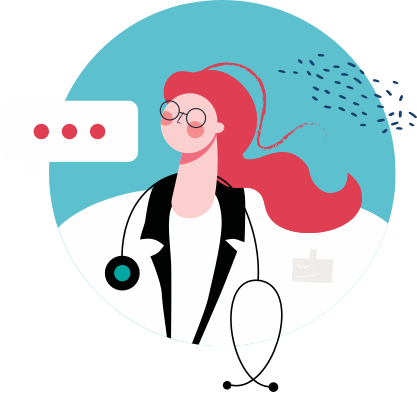
If you have any further questions, please contact us through the Patient Services telephone number: 900 301 013



